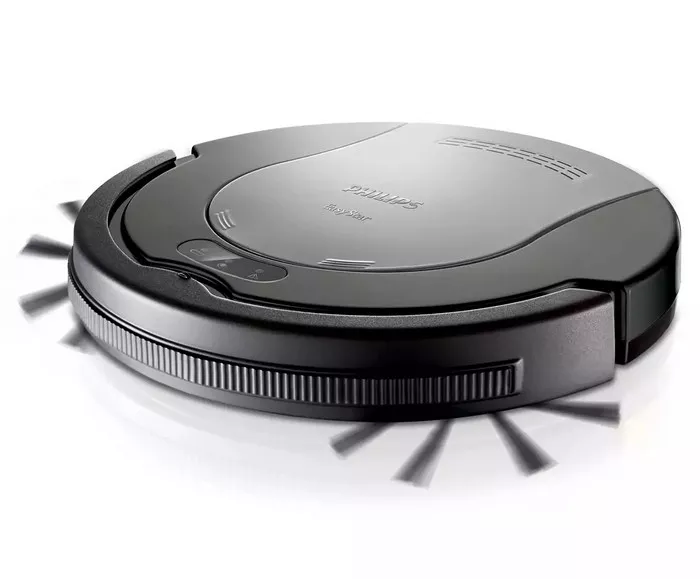When it comes to selecting a vacuum cleaner, one of the most commonly cited metrics is wattage. Many consumers believe that higher wattage directly correlates with better performance. However, this assumption is not always accurate. In this article, we will delve into the intricacies of vacuum cleaner wattage, its relationship with performance, and other essential factors that users should consider when choosing the right vacuum cleaner for their needs.
Explanation of Wattage
Wattage refers to the amount of electrical power consumed by a vacuum cleaner during operation. In simple terms, it measures the rate at which the vacuum cleaner converts electrical energy into mechanical energy to generate suction. Higher wattage typically implies a more powerful motor, which can result in stronger suction capabilities. However, wattage alone does not provide a comprehensive picture of a vacuum cleaner’s performance.
Performance vs. Power Consumption
Contrary to popular belief, higher wattage does not always equate to better performance. While a higher wattage motor may indeed generate more suction power, other factors play crucial roles in determining a vacuum cleaner’s efficiency. Factors such as airflow design, filtration system, nozzle and brush design, and overall construction contribute significantly to a vacuum cleaner’s performance. Therefore, it is essential for users to look beyond wattage and consider these factors when evaluating a vacuum cleaner’s effectiveness.
Design and Suction Power
The design of a vacuum cleaner plays a pivotal role in determining its suction power. Innovations in nozzle and brush design, coupled with advancements in motor technology, can significantly enhance a vacuum cleaner’s performance. For instance, vacuum cleaners equipped with rotating brushes are more effective at dislodging dirt and debris from carpets and upholstery, resulting in a deeper clean. Additionally, models with sealed systems and efficient filtration mechanisms prevent suction loss and maintain consistent performance throughout the cleaning process.
Air Watts
While wattage measures the electrical power consumed by a vacuum cleaner, air watts provide a more accurate representation of its suction capability. Air watts take into account both the airflow and the vacuum’s resistance to airflow, providing a more holistic assessment of its suction power. Unlike regular watts, which solely focus on electrical input, air watts consider the vacuum cleaner’s ability to maintain suction under real-world conditions, making it a more reliable metric for evaluating performance.
Energy Efficiency
In today’s environmentally conscious world, energy efficiency is a crucial consideration for many consumers. Fortunately, advancements in vacuum cleaner technology have led to the development of energy-efficient models that offer excellent suction power without consuming excessive amounts of electricity. These models utilize innovative motor designs, improved airflow systems, and optimized filtration mechanisms to deliver exceptional performance while minimizing energy consumption. Investing in an energy-efficient vacuum cleaner not only reduces electricity bills but also contributes to sustainability efforts.
Brand and Model Comparisons
When comparing vacuum cleaner brands and models, it’s essential to consider various factors beyond wattage. Look for reputable brands known for their quality construction, reliability, and customer support. Additionally, read reviews and comparisons that evaluate performance metrics such as suction power, maneuverability, noise levels, and durability. By conducting thorough research and comparing multiple options, users can make informed decisions based on their specific cleaning needs and preferences.
User Reviews and Ratings
User reviews and ratings provide valuable insights into a vacuum cleaner’s performance in real-world scenarios. Pay attention to reviews that discuss how wattage impacts actual cleaning results, as well as factors like ease of use, versatility, and maintenance requirements. Look for patterns and trends in user feedback to identify common strengths and weaknesses among different models. Ultimately, hearing from other consumers who have firsthand experience with the product can help potential buyers make more informed purchasing decisions.
Maintenance and Longevity
Regardless of a vacuum cleaner’s initial wattage, regular maintenance is essential to ensure optimal performance and longevity. Proper maintenance practices, such as emptying the dustbin or bag regularly, cleaning filters, and inspecting brushes and belts for wear and tear, can help prevent performance degradation over time. Additionally, following manufacturer-recommended maintenance schedules and using genuine replacement parts can prolong the lifespan of the vacuum cleaner and maintain its efficiency for years to come.
Conclusion
In conclusion, while wattage is a commonly referenced metric for evaluating vacuum cleaner performance, it is just one piece of the puzzle. Users should consider various factors such as design features, air watts, energy efficiency, brand reputation, user reviews, and maintenance requirements when selecting the right vacuum cleaner for their needs. By taking a holistic approach and considering multiple factors, users can ensure that they invest in a vacuum cleaner that delivers exceptional performance and longevity without unnecessary energy consumption.

